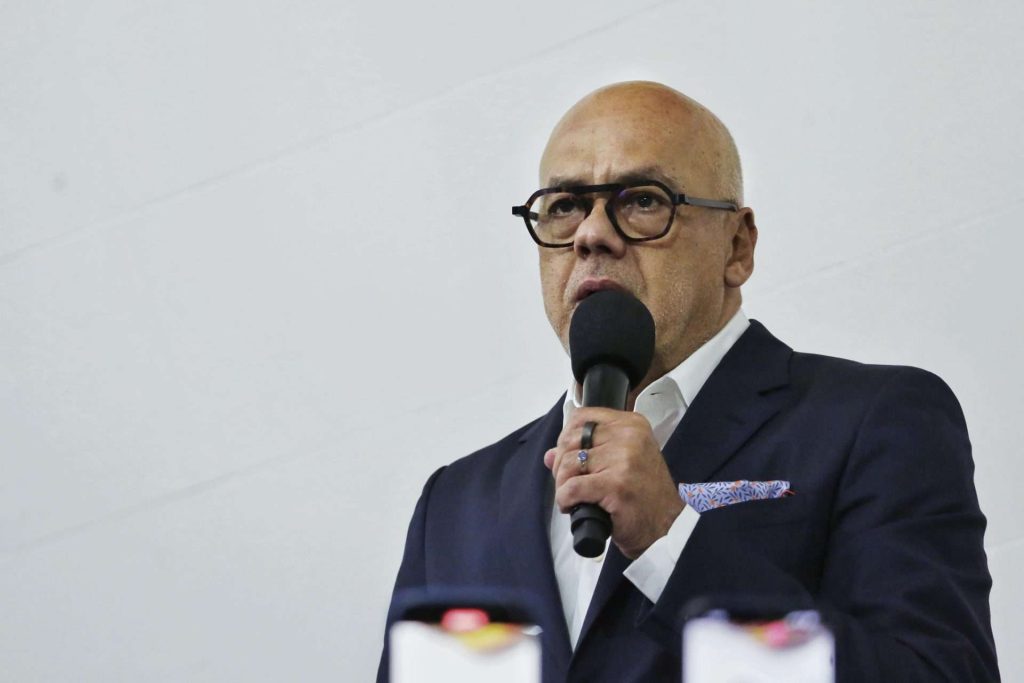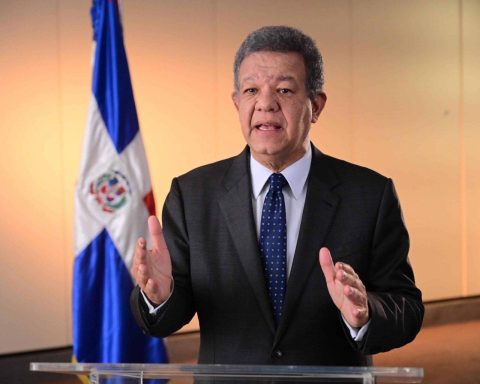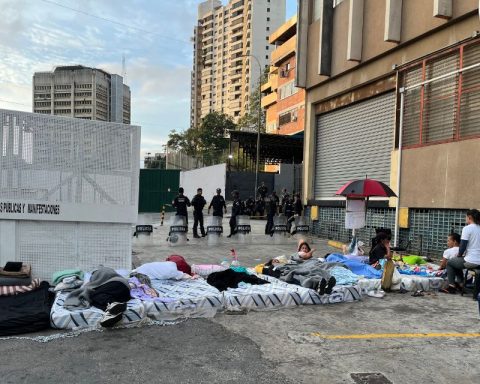
Valeria Ripollvice-presidential candidate for the National Party, threw forceful criticism towards the Broad Front (FA) in a recent interview. According to Ripoll, the PIT-CNT has acquired disproportionate influence over the FA, stating that “the PIT-CNT ate the Broad Front.”
This, he argues, is reflected in the next plebiscite on social security, which will take place on October 27. Ripoll herself, former union leader in the Association of Municipal Employees and Workers (ADEOM)has now become the vice-presidential candidate of the ruling right-wing party, which hopes to continue the liberal policies of Luis Lacalle Pou. Of said Executive, his running mate, Álvaro Delgado, was the Secretary of the Presidency for almost the entire term, and on many occasions served as spokesperson.
Ripoll maintains that the current composition of union leadership has diverted the direction of the FA. In his statements he points out that, in his opinion, this demonstrates the unprecedented power of the union movement within the political party. This statement raises questions about the FA’s ability to moderate its discourse and connect with other sectors of society.
Ripoll assures that there are too many union members and ruptures in the Frente Amplio
The candidate criticizes the way in which, according to her, the FA has “dealt with internal tensions, pointing out that “the Communist Party, the Socialist Party and the PIT-CNT have managed to break the arm of the moderates.” In this context, he asserts that the Popular Participation Movement (MPP) is trying to position itself as a centrist party, an effort that Ripoll considers misleading. “You go to the fair and there are people from the MPP handing out ballots,” he emphasized, thus suggesting a lack of authenticity in the movement’s current stance.
Through his observations, Ripoll presents the FA as incapable of adequately representing workers. It draws attention to how the historical evolution of the union movement has been interpreted in a biased way, where the contribution of other social and political actors prior to the existence of the FA has been minimized. According to his analysis, “The history of Uruguay was not born when the FA was created.”



















